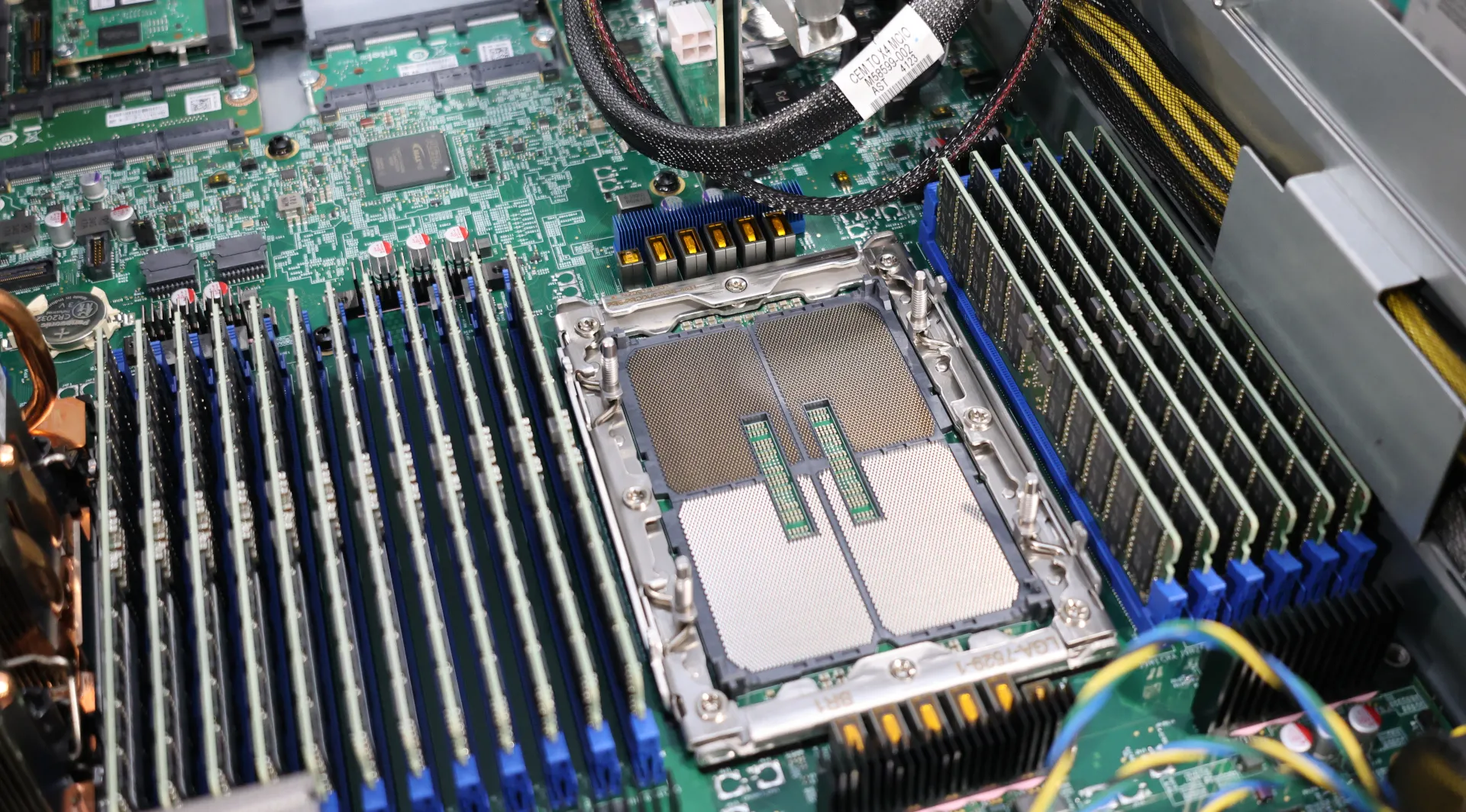Intel Enhances PyTorch Extension with DeepSeek-R1 Support and Improved Optimizations

Intel Updates: PyTorch Extension 2.7 Released
Intel has announced the launch of a new version of the Intel Extension for PyTorch, aimed at enhancing the performance of PyTorch on Intel’s hardware. The latest version, v2.7, introduces exciting features and optimizations that cater to the needs of large language models (LLMs) and improve overall performance.
Key Features of Intel Extension for PyTorch 2.7
Support for Advanced Language Models
One of the standout features of Intel Extension for PyTorch 2.7 is its support for advanced large language models. Notable among these is the inclusion of the DeepSeek-R1 model, which comes with the capability to utilize INT8 precision. This enhancement allows users to maximize the computational efficiency of their models on modern Intel Xeon processors.
Additionally, the extension is compatible with the recently launched Microsoft Phi-4 model, which covers its variants, Phi-4-mini and Phi-4-multimodal. These compatibility upgrades enable a broader range of applications and improvements within the language model sphere.
Performance Optimizations
The new Intel Extension for PyTorch also brings several performance enhancements that are particularly beneficial for large language models. These optimizations are designed to leverage the full potential of Intel hardware, ensuring that operations performed using PyTorch run smoother and more efficiently.
Moreover, updates to documentation provide users with better guidance on managing multimodal models and using DeepSeek-R1 effectively. The documentation improvements are essential for developers and researchers who depend on clarity and detailed instructions to maximize the benefits of these enhancements.
Technical Enhancements
Rebasement on OneDNN
Intel Extension for PyTorch 2.7 has been rebased against the Intel oneDNN 3.7.2 neural network library. This rebasing is integral to optimizing the performance of deep learning operations. The oneDNN library supports efficient execution of deep learning workloads on Intel architectures, allowing researchers and developers to achieve faster processing times and improved resource management.
Download Availability
For those interested in experiencing the benefits of the Intel Extension for PyTorch 2.7, downloads and detailed information can be accessed through GitHub. This repository provides all the necessary resources for installation and implementation of the extension on modern Intel processors.
Summary of New Capabilities
In summary, Intel Extension for PyTorch 2.7 offers several vital updates that enhance the capabilities of PyTorch on Intel hardware. Key improvements include:
- Support for the DeepSeek-R1 and Microsoft Phi-4 models, including its mini and multimodal versions.
- Performance optimizations targeting large language models to boost efficiency.
- Enhanced documentation aimed at improving the user experience when working with multimodal models.
- Rebased against the Intel oneDNN 3.7.2 library for better performance.
With these updates, developers and researchers using PyTorch on Intel hardware can expect improved functionality and performance, helping them to push the boundaries of what is possible in machine learning and artificial intelligence applications.





